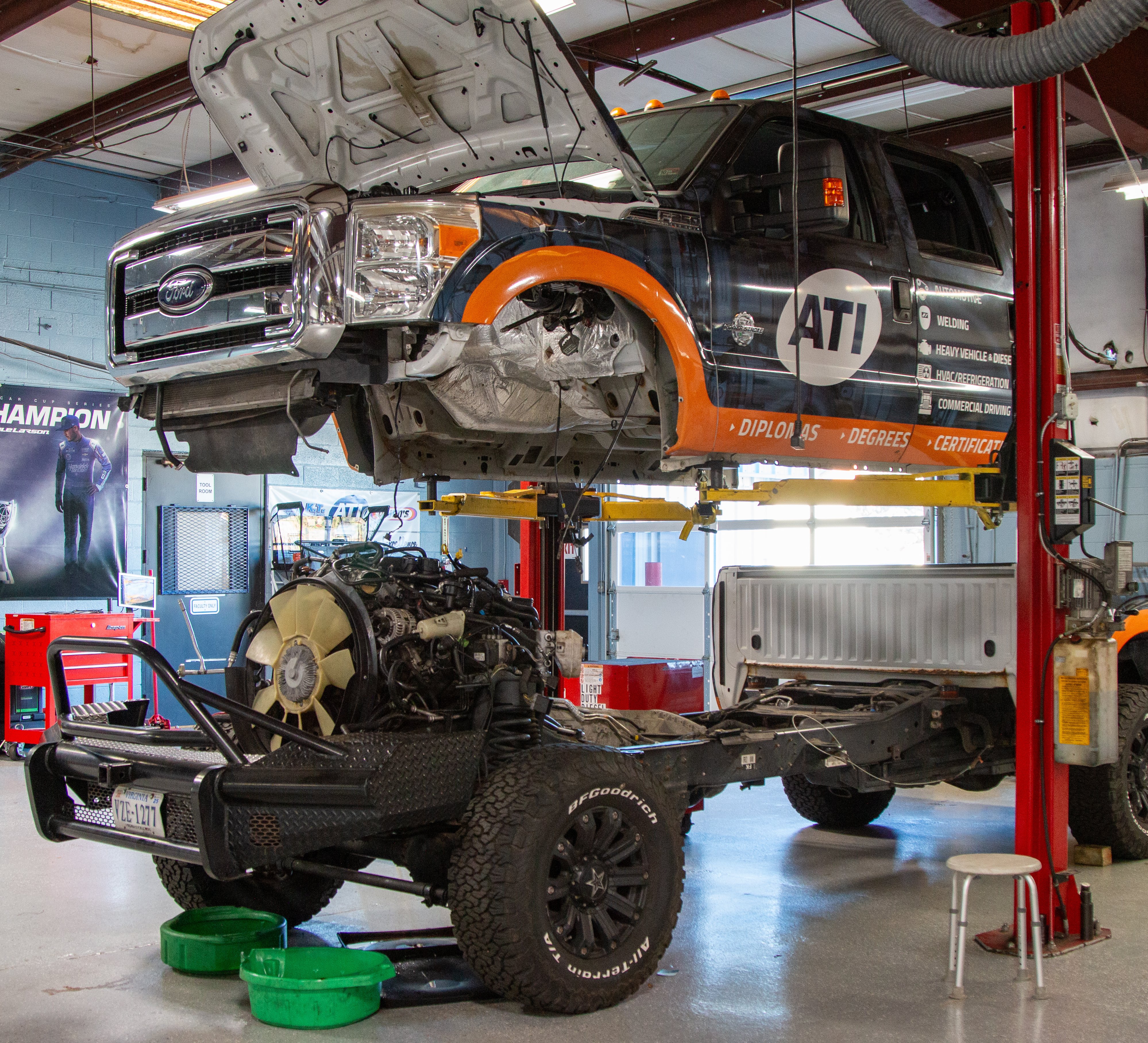Trade school careers are gaining renewed respect and momentum in today’s workforce. For those looking to build hands-on experience and enter the job market quickly, trade schools offer a direct path into meaningful careers—often without the extended time and debt of traditional four-year colleges.
In this article, we’ll explore what careers are in trade school, the skills you’ll learn, and the range of opportunities available after graduation. Whether you’re starting fresh, switching paths, or returning to the workforce, trade school may be the launchpad you need.
Quick Links
-
What Careers are in Trade School?
-
What Do You Learn in Trade School?
-
What are the Types of Programs That Trade School Offer?
-
Trade School List of Careers
What Careers are in Trade School?
Trade schools prepare students for essential, skill-based professions that power industries and serve communities. These programs are tailored to get you into the workforce efficiently—with real-world abilities from day one.
Here are some of the most common career paths found in trade school:
- Electrician – Installing, maintaining, and troubleshooting electrical systems in homes, businesses, and industrial settings.
- Plumber – Specializing in water supply, drainage, piping, and system maintenance.
- HVAC Technician – Managing heating, ventilation, air conditioning, and refrigeration systems.
- Welder – Working with metal to construct, repair, or fabricate parts and structures.
- Automotive Technician – Diagnosing and repairing cars, trucks, and commercial vehicles.
This list reflects just a portion of what’s available. Trade school careers span multiple industries—from healthcare to skilled trades to information technology.
What Do You Learn in Trade School?
Trade school curriculums are designed to give students practical, job-related training. Instead of focusing on general education courses, trade school students spend the majority of their time developing industry-specific skills.
Here’s what you can expect to learn:
- Hands-On Skills: Students train in simulated or real work environments using professional tools and equipment.
- Certification Preparation: Many programs prepare students to sit for nationally recognized certifications required for employment.
- Industry Tools and Technology: From sonography machines to welding torches and diagnostic software, students gain direct experience.
- Workplace Readiness: Programs often include lessons on safety, professionalism, ethics, and customer service.
- Soft Skills: Time management, teamwork, and communication are emphasized to ensure success on the job.
Many trade schools also offer internship or externship opportunities, allowing students to gain real-world experience before graduation.
.jpg?width=768&height=405&name=ATI-Auto-022720-%20(61).jpg)
What are the Types of Programs That Trade Schools Offer?
Trade schools cover a diverse spectrum of career fields. Unlike traditional degree programs, these programs are typically shorter in length—ranging from a few months to two years—and are laser-focused on preparing students for specific careers.
Here are some common categories:
- Electrical
- HVAC/R (Heating, Ventilation, Air Conditioning, and Refrigeration)
- Plumbing
- Welding
- Automotive Service Technology
Each program offers focused instruction, hands-on labs, and opportunities for certification or licensure exams depending on the field.
Trade School List of Careers
Graduates of trade schools can pursue career paths in technical fields that support the nation’s infrastructure, manufacturing, and transportation systems. These are careers built around hands-on problem solving, mechanical expertise, and technical skill. Below are examples of careers commonly pursued after completing trade school programs focused on skilled trades and transportation:
1. Automotive Technician
- Pros: Strong demand for diagnostics and repair skills in both dealerships and independent shops. Opportunities to specialize in diesel, electric, or performance vehicles.
- Cons: Physical strain from lifting and working under vehicles; staying current with evolving vehicle technology.
- Pros: Critical in the trucking, logistics, and public transportation industries. Diesel technicians are in steady demand and often earn premium wages.
- Cons: Can involve physically intensive labor and long hours; exposure to grease and mechanical noise.
3. HVAC Technician
- Pros: Year-round employment opportunities due to heating and cooling needs. Skills are applicable in residential, commercial, and industrial settings.
- Cons: Often work in confined or outdoor spaces; may require emergency service calls or after-hours work.
4. Welding Technician
- Pros: Essential to construction, shipbuilding, and manufacturing. Welders can pursue specialized roles such as pipe welding or underwater welding for higher pay.
- Cons: Physically demanding; long hours in sometimes hazardous or high-heat environments.
5. Heavy Vehicle Mechanic / Marine Technician
- Pros: Opportunities to work on watercraft, diesel engines, and heavy equipment used in ports, shipyards, and marine operations.
- Cons: Exposure to outdoor environments and machinery-related hazards; tools and parts can be heavy.
Final Thoughts
Learning a trade isn’t just about gaining a skill; it’s about developing a craft. Whether you find satisfaction in shaping metal, fixing engines, installing circuits, or creating climate-controlled environments, there's a trade out there waiting for your unique strengths.
It’s not about choosing the “best” trade in general—it’s about finding the best trade for you. One that fits your goals, your lifestyle, and how you want to spend your day.
To learn more about ATI programs, visit here.
Industry Knowledge
Welcome to the Advanced Technology Institute's Blog, your resource for industry insights and discussions on technologies shaping the future of automotive, heavy vehicle, hvac, welding, and other related career paths.
Explore how ATI's curriculum and hands-on learning opportunities can propel your career in the tech-driven world.

%20(1).jpg)

